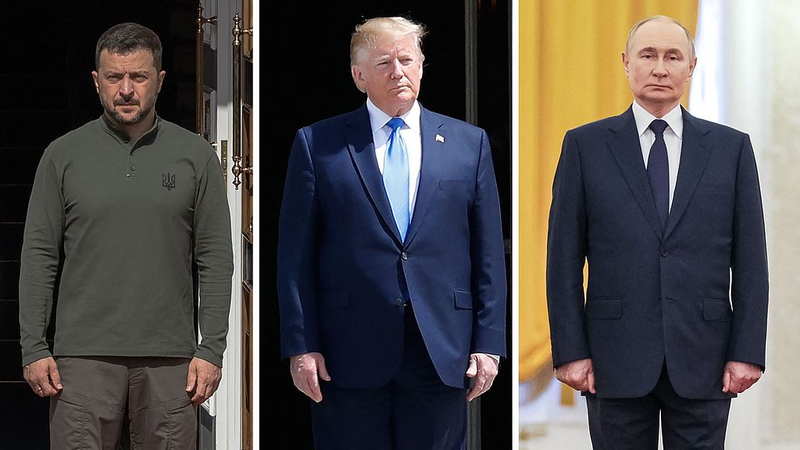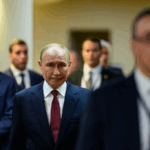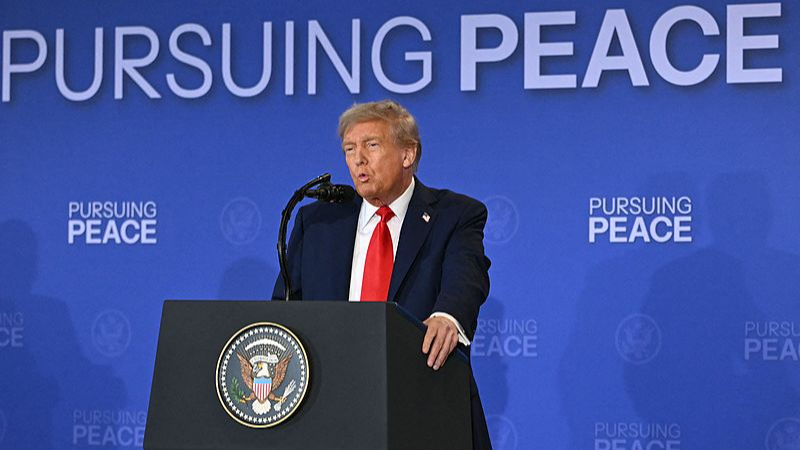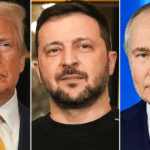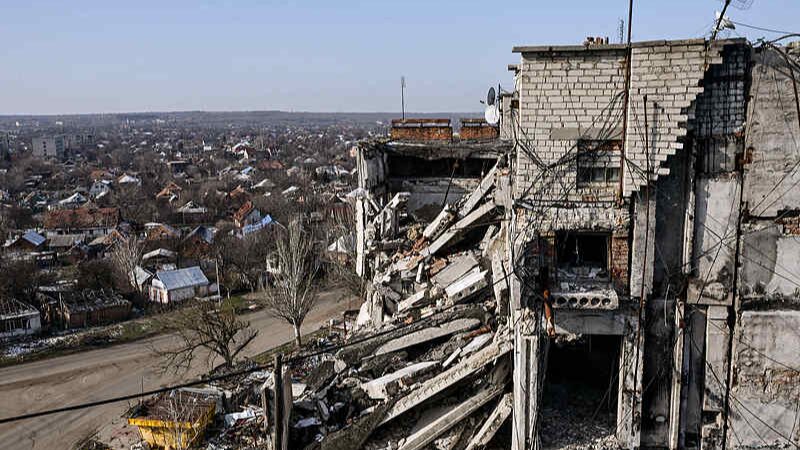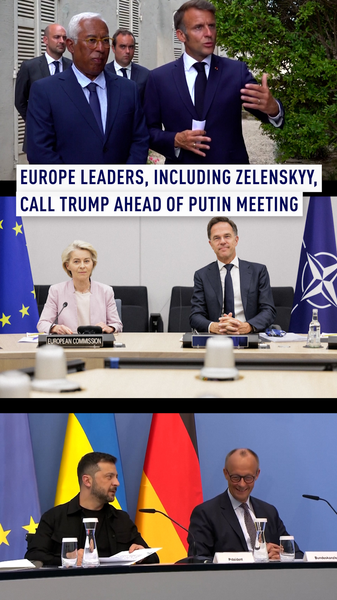U.S. President Donald Trump described his upcoming meeting with Russian President Vladimir Putin in Alaska as a "feel-out meeting," signaling cautious diplomacy amid growing international scrutiny. The Friday summit comes as European leaders and Ukrainian President Volodymyr Zelenskyy intensify efforts to shape Washington's approach to the Ukraine conflict.
Trump hinted at potential future talks involving Zelenskyy or a joint session with Russian and Ukrainian leaders during a White House press conference. U.S. Ambassador to NATO Matthew Whitaker confirmed Zelenskyy's possible attendance remains under consideration, stating: "The decision is going to be made by President Trump."
European capitals expressed concern over potential territorial compromises, following Trump's suggestion that peace could involve "some swapping of territories" between Russia and Ukraine. Germany organized emergency video conferences with EU leaders and Zelenskyy to coordinate positions ahead of the summit, while Zelenskyy separately courted support from India and Saudi Arabia.
EU foreign policy chief Kaja Kallas emphasized continued pressure on Moscow, announcing plans for additional sanctions and military support for Kyiv. British and Italian officials reiterated that any resolution must preserve Ukraine's sovereignty and EU integration prospects.
The summit's outcomes could redefine security dynamics in Eastern Europe, with global markets monitoring potential impacts on energy supplies and regional stability. As diplomatic activity intensifies, the Alaska meeting emerges as a pivotal moment in great-power negotiations.
Reference(s):
cgtn.com
